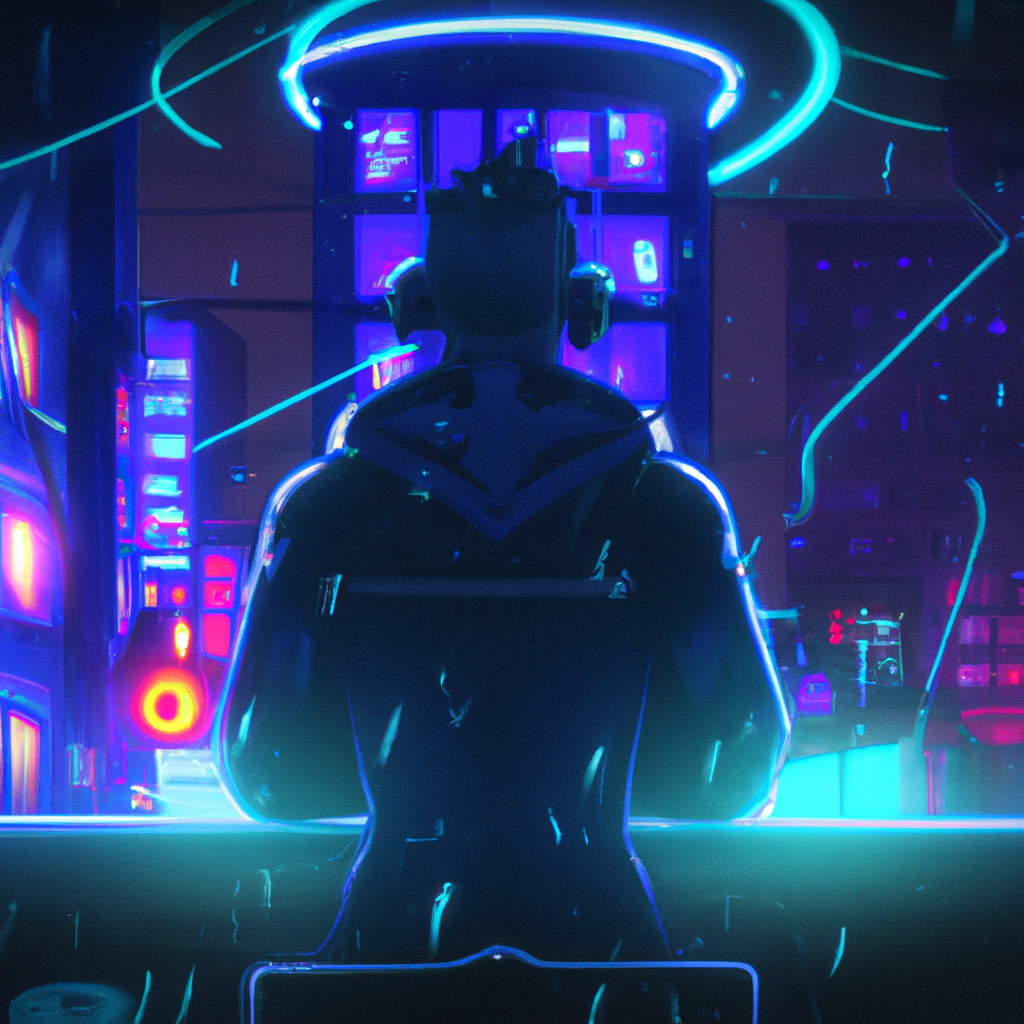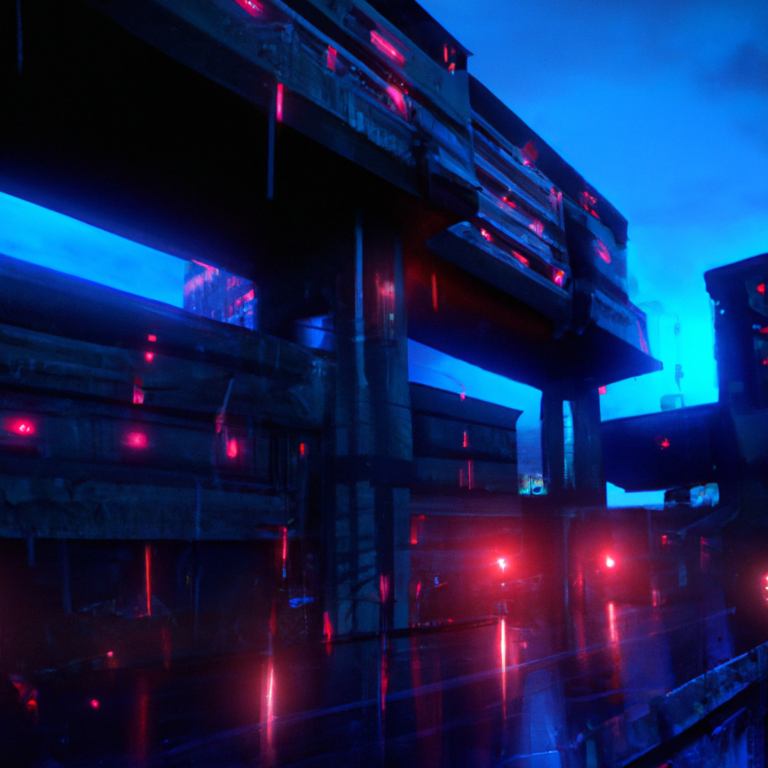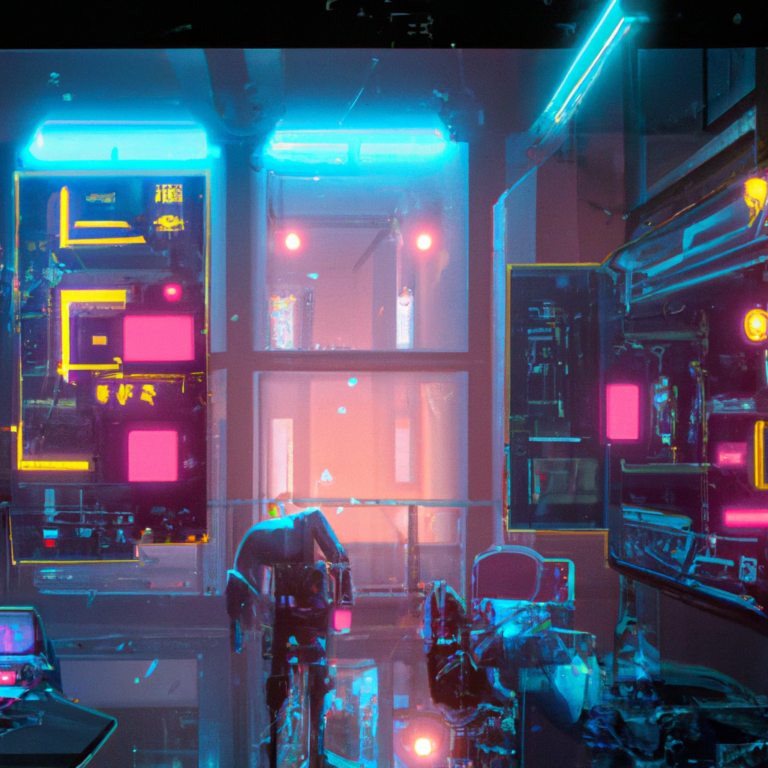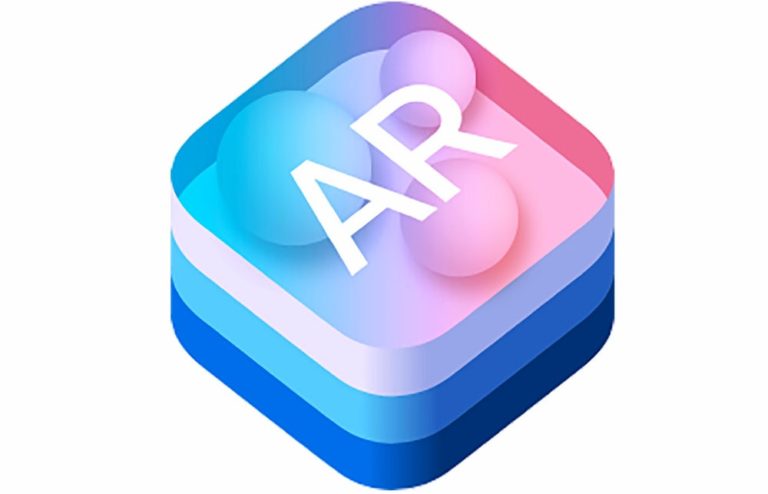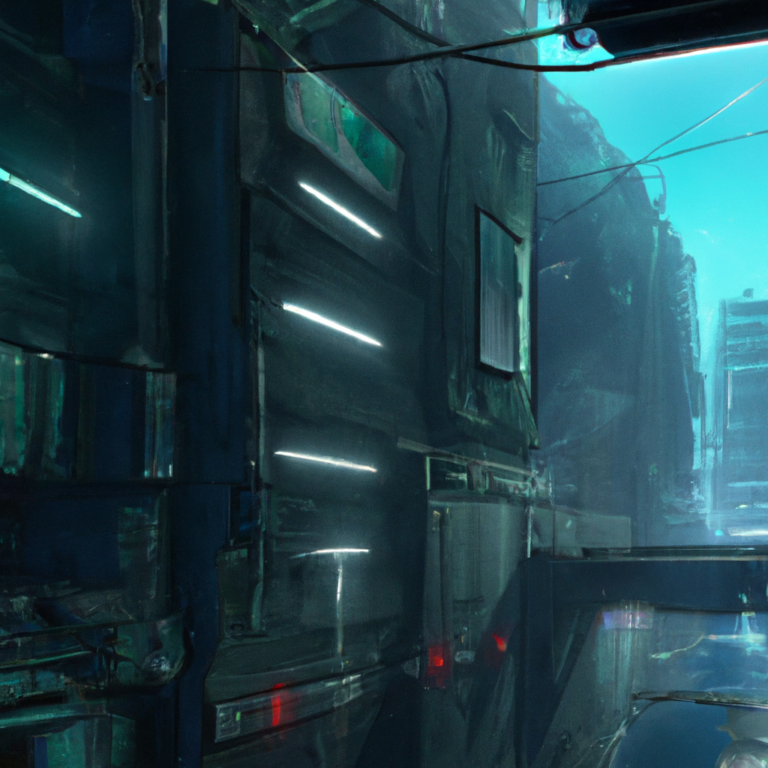1. “Revolutionizing Game Development: The Impact of AI on the Future” 2. “AI: The Game Changer in Future Game Development” 3. “How AI is Redefining the Landscape of Game Development” 4. “The Future of Game Development: AI’s Rising Influence” 5. “Navigating the Future of Game Development with AI” 6. “Unveiling the Future: The Role of AI in Game Development” 7. “AI and Game Development: A Future Bound by Innovation” 8. “From Concept to Reality: How AI is Transforming Game Development” 9. “AI: Breathing Life into the Future of Game Development” 10. “Game Development Reimagined: The Unstoppable Rise of AI”
Artificial Intelligence (AI) has been pushing the boundaries of what’s possible in numerous sectors, and one area where its impact is particularly notable is game development. The gaming industry is experiencing a rapid evolution, thanks largely to the integration of AI, bridging the gap between fantasy and reality. This post aims to explore how AI is changing the future of game development, creating immersive, realistic, and complex gaming experiences.
To begin with, AI is revolutionizing the way characters or ‘Non-Player Characters’ (NPCs) behave in games. In earlier times, NPCs were programmed with a limited set of behaviors or reactions. However, with the integration of AI, these characters are becoming more intelligent, adaptable, and unpredictable, enhancing the overall gaming experience. Developers are leveraging machine learning algorithms to enable NPCs to learn from players’ actions, react differently to various situations, and even devise strategies against players, adding a whole new level of complexity and challenge.
In addition, AI is empowering developers to create more dynamic and interactive environments. Traditionally, game environments were largely static, with changes mainly due to pre-programmed triggers. Now, AI algorithms can simulate real-world physics and biological ecosystems, leading to environments that react logically to player actions and even evolve over time. This dynamic interaction brings a heightened sense of realism and immersion to gaming experiences.
AI is also playing a crucial role in automating content generation, a process known as Procedural Content Generation (PCG). This involves the creation of vast, detailed game worlds with unique elements and experiences, far beyond the capabilities of manual game design. With AI, developers can create algorithmic methods to generate complex game content like terrain, levels, characters, narratives, and even whole worlds. This not only saves time and resources but also ensures a unique gaming experience for each player.
Moreover, AI is transforming the gaming landscape through personalization. Through machine learning algorithms, a game can learn a player’s behavior, preferences, and skills, adapting the gameplay to provide a unique, tailored experience. This could mean adjusting difficulty levels, offering personalized recommendations, or even creating entirely new content based on player preferences.
Finally, AI is facilitating the advent of cloud-based gaming services, also known as ‘Gaming as a Service’. By harnessing the power of machine learning and predictive analytics, these services can provide high-quality, latency-free gaming experiences on a variety of devices, irrespective of their hardware capabilities. Platforms like Google’s Stadia and Microsoft’s xCloud are leveraging AI to redefine the way games are distributed, played, and experienced.
In conclusion, AI is playing an instrumental role in shaping the future of game development. The incorporation of AI into game design is leading to more engaging, immersive, and personalized experiences for players. As developers continue to explore the potential of AI, we can expect to see even greater advancements, pushing the boundaries of innovation in the gaming industry. AI is not just transforming how games are made and played, it’s redefining what games can be. This is just the beginning of an exciting journey, and the future looks promising for both developers and gamers.

